Social Impact Infrastructure Organisations (SIIOs) which comprise the philanthropic sector, are as necessary to its existence as our own ecosystem is to our survival as human beings. In spite of this and of the signal contribution it makes to philanthropy the world over, its value is seldom appreciated and it remains under-funded and under-resourced generally. This webinar followed a series of interviews with representatives of leading SIIOs and funders published by Alliance magazine and also heralds the launch of a new report drawing on those interviews.
Moderated by Alliance features editor Andrew Milner, and introduced by Propel Philanthropy founder Peter Brach, the speakers included:
- Karen Ansara – Board Chair, Network of Engaged International Donors
- Rose Maruru – Co-founder, EPIC-Africa
- Renee Kaplan – CEO, The Philanthropy Workshop
- Nick Deychakiwsky – Senior Program Officer, Charles Stewart Mott Foundation
A few highlights from the event
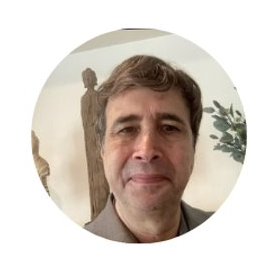 Peter Brach introduced the event: We are not just dealing with one crisis, we are dealing with many. We are in a poly-crisis and we cannot solve it piecemeal alone. And this is why I’ve chosen to to give almost entirely the vast proportion of live funding to social impact infrastructure organisations. These are organisations that support the philanthropy, the non-profit and the civil society sectors. Some of these organisations offer services to hundreds of thousands of non-profits and civil society organisations around the world. Others work on things like increasing global generosity, volunteerism, training the next generation of leaders, accelerating innovations, improving communities, or working with governments. And some of them, like Alliance magazine, provide a voice so that people like myself can have a chance to share where we believe philanthropy needs to go.
Peter Brach introduced the event: We are not just dealing with one crisis, we are dealing with many. We are in a poly-crisis and we cannot solve it piecemeal alone. And this is why I’ve chosen to to give almost entirely the vast proportion of live funding to social impact infrastructure organisations. These are organisations that support the philanthropy, the non-profit and the civil society sectors. Some of these organisations offer services to hundreds of thousands of non-profits and civil society organisations around the world. Others work on things like increasing global generosity, volunteerism, training the next generation of leaders, accelerating innovations, improving communities, or working with governments. And some of them, like Alliance magazine, provide a voice so that people like myself can have a chance to share where we believe philanthropy needs to go.
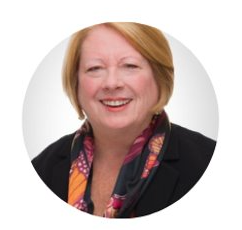 Karen: There’s many more networks now connecting donors and foundations to grantees, with wisdom, and with a strategic mentality. But, unless we’re all learning together, unless we’re building bridges between these intermediary infrastructure organisations, I believe we’ll continue to perpetuate Lone Ranger philanthropy. Let me put it another way; funding social impact infrastructure means focusing more on eco, rather than ego, as Otto Scharmer has said. We must care more about strengthening the social impact ecosystem for the good of all, rather than pursuing our ego-driven signature projects, or even the health of our intermediary organisations — our individual ones.
Karen: There’s many more networks now connecting donors and foundations to grantees, with wisdom, and with a strategic mentality. But, unless we’re all learning together, unless we’re building bridges between these intermediary infrastructure organisations, I believe we’ll continue to perpetuate Lone Ranger philanthropy. Let me put it another way; funding social impact infrastructure means focusing more on eco, rather than ego, as Otto Scharmer has said. We must care more about strengthening the social impact ecosystem for the good of all, rather than pursuing our ego-driven signature projects, or even the health of our intermediary organisations — our individual ones.
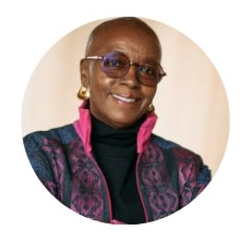 Rose: Peter talked about a poly-crisis, but I also think we have poly-opportunities. And what do I mean by this? I think from where I see it – and when I speak and cite examples I’m mostly referring to Africa – which I know best. And I think we’re seeing, for the first time, an interest (and we take this as good intentions) among funders — both philanthropic funders as well as bilateral funders who, in recent months, some of them have gone as fas as signing pledges to give or to channel us certain significant increases in money that is going directly to locally-led organisations. So I see this as an opportunity to highlight why infrastructure is so important, because some of that money has to move to the local organisations; how is it going to get there?
Rose: Peter talked about a poly-crisis, but I also think we have poly-opportunities. And what do I mean by this? I think from where I see it – and when I speak and cite examples I’m mostly referring to Africa – which I know best. And I think we’re seeing, for the first time, an interest (and we take this as good intentions) among funders — both philanthropic funders as well as bilateral funders who, in recent months, some of them have gone as fas as signing pledges to give or to channel us certain significant increases in money that is going directly to locally-led organisations. So I see this as an opportunity to highlight why infrastructure is so important, because some of that money has to move to the local organisations; how is it going to get there?
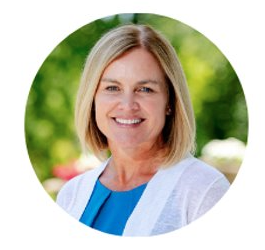 Renee: TPW, as a community of individuals and families working to deploy resources for impact, is very much a social impact infrastructure organisation. What we try to be is a bridge from and across the idea of “where is the resource and the wealth?” and “where are the opportunities?”. So we are one part of this ecosystem that we hope to strengthen and continue to see more of, given the gap in the marketplace that exists. [At] TPW we think a lot about systems, and getting to root causes. Because we know, coming into philanthropy, there can be a lot of duplication — a lot of har, if you’re not prepared, and informed, and educated about where you’re entering and how you’re going to make a difference.
Renee: TPW, as a community of individuals and families working to deploy resources for impact, is very much a social impact infrastructure organisation. What we try to be is a bridge from and across the idea of “where is the resource and the wealth?” and “where are the opportunities?”. So we are one part of this ecosystem that we hope to strengthen and continue to see more of, given the gap in the marketplace that exists. [At] TPW we think a lot about systems, and getting to root causes. Because we know, coming into philanthropy, there can be a lot of duplication — a lot of har, if you’re not prepared, and informed, and educated about where you’re entering and how you’re going to make a difference.
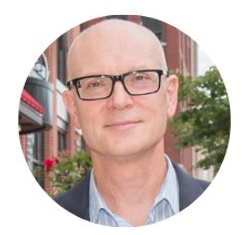 Nick: What I find attractive about ecosystem thinking is that, one; it deals with living organisms. Or, in our case we’re talking about organisations that are made up of people — of living human beings. Secondly, in ecosystems there are natural cycles… in ecosystems there are cycles of life, of growth, and of decay and death, and then renewals. And that’s something that might also be important in the way we approach this. And the third thing is, in ecosystems, interrelationships seem to be even more imperative between the large and the small. In an ecosystem, everything is needed — from the caterpillar to the strong root that’s underground.
Nick: What I find attractive about ecosystem thinking is that, one; it deals with living organisms. Or, in our case we’re talking about organisations that are made up of people — of living human beings. Secondly, in ecosystems there are natural cycles… in ecosystems there are cycles of life, of growth, and of decay and death, and then renewals. And that’s something that might also be important in the way we approach this. And the third thing is, in ecosystems, interrelationships seem to be even more imperative between the large and the small. In an ecosystem, everything is needed — from the caterpillar to the strong root that’s underground.
You can watch the full video here:
Eleanor Margolis is a freelance journalist

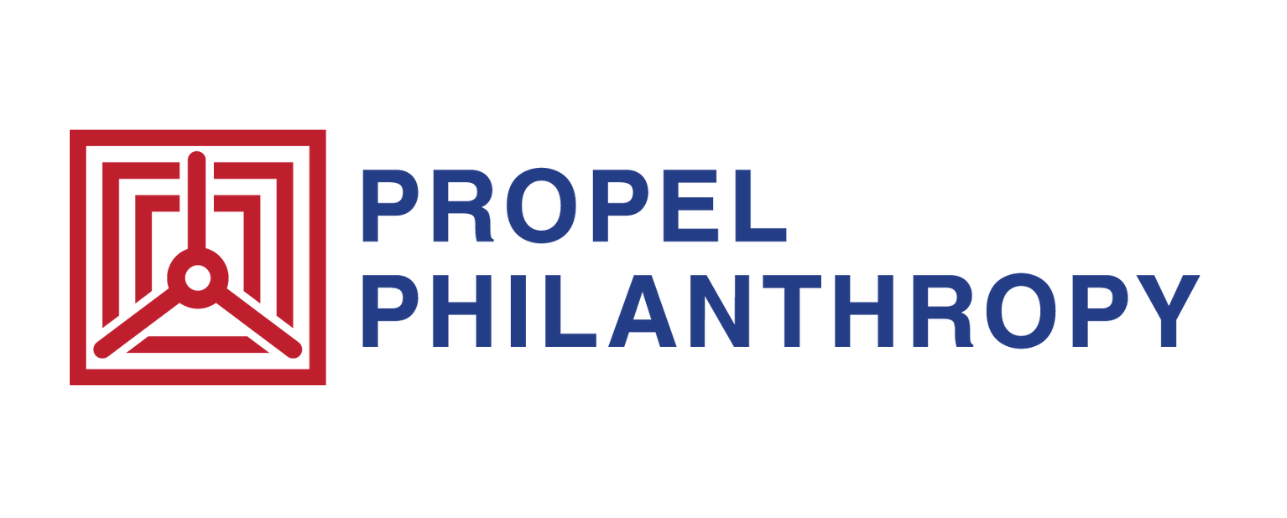



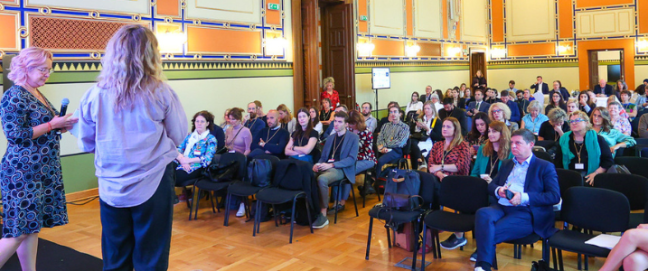

Comments (0)